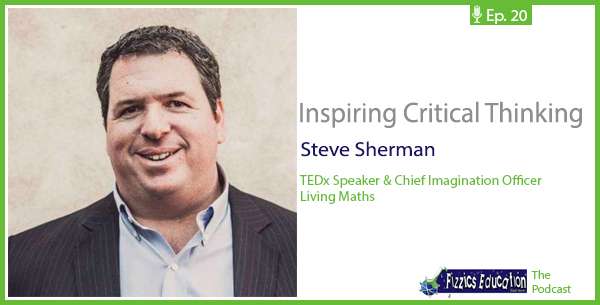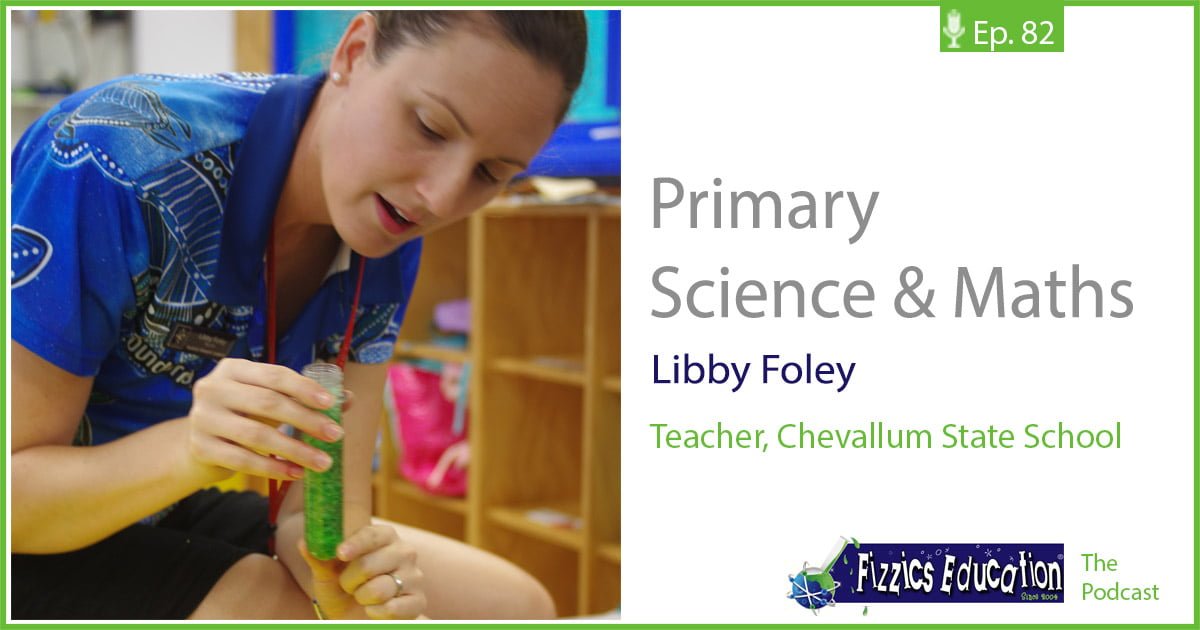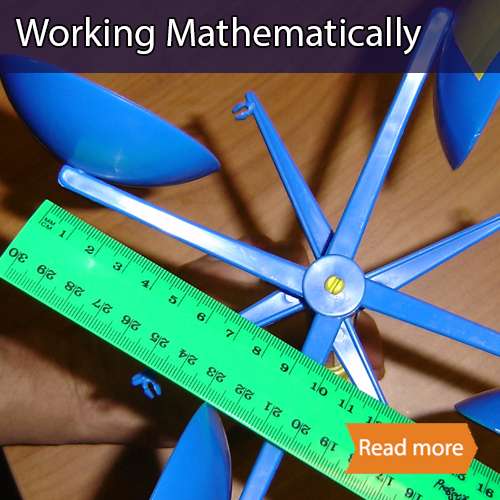The phobia of mathematics in students is for real, although it is a pretty fascinating subject. As a mathematics teacher, the subject’s deterrence in some students is the biggest challenge you face. Of course, it is hard to create engagement in any class wherein students are scared of a subject for no reason. So, to make students perform well in mathematics, it becomes crucial to bust their fear. But finding ways to help students get over their anxiety of mathematics can be tricky. Do not worry; we are here to help you! This blog has some useful strategies that you can apply to make your students excel in the class. Before that, let us look at some possible reasons why some students find mathematics a nightmare.
Why are some students too scared of mathematics?
The perception of mathematics is so negative that students fear it even without giving it a fair try. The following are some common reasons why students run in the opposite direction of mathematics.
Misconceptions
Some students have enormous misconceptions about mathematics. They believe that the domains of mathematics, like algebra or trigonometry, are too complicated. They make mathematics seem a daunting task, and they ignore the fact that they can even score full marks in the subject with enough practice.
Misconnect with the subject
A lot of students do not feel a connection with the subject. This possibly happens because mathematics has always been presented as a mountainous concept to them. Hence, they are not able to foster a positive connection with the subject. The negativity around the subject often kills their interest and makes them feel anxious rather.
A possible idea is to present mathematics in a context that they care about. For example, here are 6 ways that you can teach mathematics using sport!
Inherent difficulty
It is a fact that all students do not have the same levels of ability for mathematics. Students who have these issues or those who doubt their abilities face more problems with mathematics than others. Parents disagree that their child may have low ability, but teachers can recognise it.
Unrealistic Pressure
Often, there is a lot of pressure on students to perform in mathematics. There is immense pressure from parents, and even some teachers teach mathematics in high-pressure environments. Such a scenario stalls the cognitive and skill development of a child. Further, it does not let him take his time to learn mathematics concepts through practice and enough time to analyse things.
Now, when we know some primary reasons why mathematics makes students anxious, let us look at what you can do as a teacher to help them. In the following ways, teachers can help students to overcome their fear of mathematics. Once they get over their fear, they can perform exceptionally well in the subject and make you a proud teacher.
Ways in which you can help students leave behind their fear of mathematics
Busting the myths around mathematics
The misconceptions around mathematics must be busted. This can be done by inspiring more confidence in students and offering them additional support. You can always present to them examples of students who improved in mathematics and scored well. Such examples will encourage students to commit to more practice and dedication to the subject. Besides, this will instil in them the belief that mathematics is impossible and like others, even they can score high in the subject. This can be the first critical step in the direction of making students more comfortable with mathematics. Students can see a scope of self-improvement after they can look beyond the fear of numbers.
Making the foundation strong
It often happens that even after being promoted in higher grades, students’ basic mathematical concepts are not clear. They may end up making mistakes in even the most basic of mathematical operations. As a teacher, you can identify such students who need more help in correcting their necessary foundation of mathematics. For such students, you can prepare additional exercises that focus on the basics. For instance, many students find trigonometry a daunting element of the subject, and their basic concepts are not clear. So, for them, you can assign additional assignments or homework sheets that target trigonometry basics.
Experiment with mathematics
The best way to make a subject interesting is to make it fun-filled. There are multifarious ways in which you can gamify mathematics in the class. You can include mathematics games and quizzes in the classroom to increase student engagement. If you can create a relaxed and exciting aura of mathematics, students will feel at ease. Besides, learning in such an environment can help them retain the basics for a long time. All you need to do is explore a little and figure out the most engaging fun ways of promoting active learning. You can try different approaches and methods to teach the subject. Consequently, you can realise what is helping your students the best. Even you can chill a bit in a fun-oriented class, isn’t it?
Ideas for making mathematics real for kids
Appreciate Progress
For someone who has a fear of mathematics, the progress will be slow. It will take time for a student to get over the fear of mathematics and improve grades. In such cases, students will appreciate your patience and your ability to motivate them. So, you can make it a habit to appreciate and recognise little efforts and little achievements of students in the direction of excellence. A weak student is not going to score 90 per cent from the word go. He or she may score 60 or 70 per cent in the initial phase. Even if this progress is considerable, you should appreciate it and laud them. Because of this, they will feel motivated and encouraged to keep going. All of us need such recognition to keep performing in the respective spheres of our lives.
Work on developing growth mindsets
A growth mindset is when a person believes that he or she can gain abilities with tenacious efforts and hard work. Besides, people with growth mindsets do not give up after failures but rather learn from their failures to come back harder. Mathematics is one such subject in which growth mindsets are essential. The mathematical problems may not get solved first or even after a few failures at finding the right answer. But it is vital to keep going and tying over and over again. When students have a growth mindset, they will take up the various mathematics challenges rather than running away from them. It will be such a wonderful world if everyone can resonate with such perspectives.
To wrap up, mathematics is a high scoring subject if students perform with eagerness and attention. But the widespread myths about mathematics are making students anxious about it. The first task for a teacher is to make students feel more confident with the subject. After students develop a primary interest in mathematics, the fundamentals need to be worked on. No skyscrapers can sustain long if the foundation is not strong and similar is the case with academics. Moreover, by making mathematics fun and encouraging students to keep grappling with challenges, you can make even the weakest students do well. It is all about numbers, after all in mathematics. Have a good time playing with numbers!
Happy teaching,
Jessica Robinson
Going further
Podcast: Inspiring Critical Thinking with Steve Sherman from Living Maths
Podcast: Primary Science & Maths with Libby Foley
Podcast: Mathematics is everywhere with Professor Asha Rao
If you’d like to go further, we’ve been running a Working Mathematically school visit which helps kids see mathematics in use for real-world applications.





























Comments